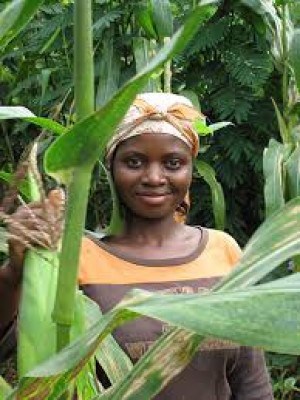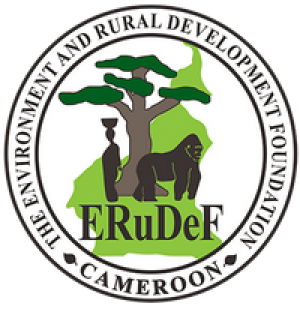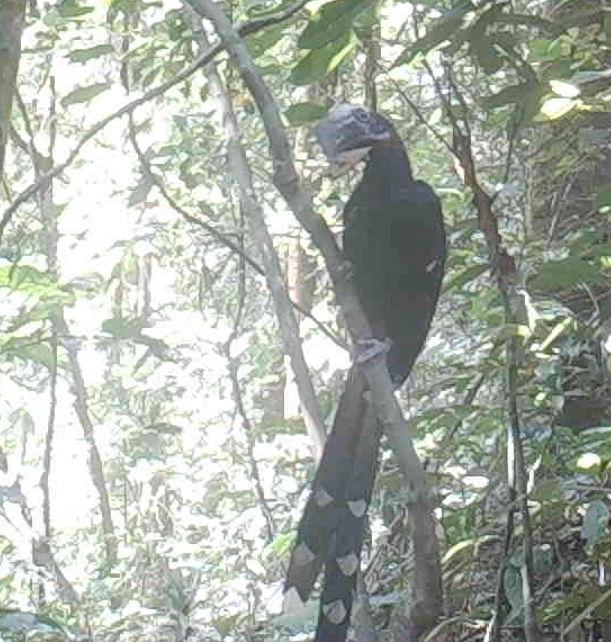[one_third] [/one_third]
[/one_third]
Some 80 percent of Cameroonians depend on destructive agricultural practices for the bulk of their food. The poor farming methods (shifting cultivation, clearing and burning) often kill soil organisms and subsequently reduce their fertility and capacity to produce healthy crops. Farming matters became challenging when human population increased and the amount of land available to shifting cultivators reduced in size, and loggers, industries and urbanization drove them out.
There is however hope; agroforestry, which combines crop production with sustainable forest management, promises abundant life for both farmers and the urban people in Cameroon.
During the past few years, farmers have been experimenting in the production of food crops, trees and shrubs and domestic animals on the same piece of land with the financial and technical support of US Charity Trees for the Future.
In 2013, Ngwementoh Justina of Mbacha village in Bambui, North West Region, built up a compost pit using acacia leaves and used the resultant manure to fertilize her crops of maize, beans and pepper.
“The production was greatly improved,” she said.
Ngwementoh has now planted acacia trees on her backyard farm and is hoping for a bountiful harvest next season and thereafter.
Meanwhile, another farmer Peters Tabah, said follow-up plus useful literature and exchange visits thanks to the concerted efforts of Trees for the Future has paid off.
“We have benefited enormously from agroforestry farming; we feed our pigs with acacia leaves and they do very well; they are bigger and healthier. Mulching with agroforestry trees also has improved our cocoyams,” Tabah said.
He added, “Despite the successes we have recorded, people are resistant to change and want to stick to old methods of farming which is why regular training, follow-up, literature and exchange visits to share experiences should be emphasised.”
He thanked the US charity Trees for the Future for introducing them to agroforestry some years back saying the technology has changed their lives.
Azore Opio

